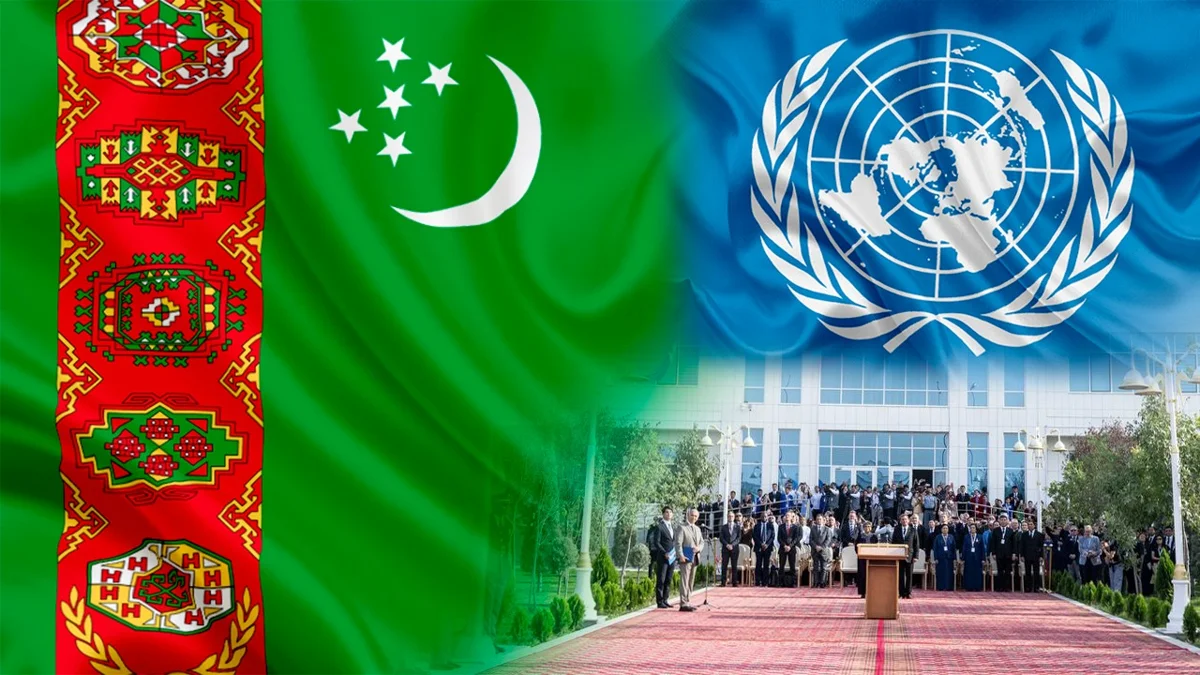
From August 5 to 8, 2025, the Third United Nations Conference on Landlocked Developing Countries (LLDC3) will take place in Awaza, Turkmenistan, Kazinform’s correspondent reports.
The event is expected to bring together heads of state and government, representatives of international organizations, business leaders, and experts in trade, transport, and sustainable development.
What is LLDC and Why It Matters
Currently, there are 32 countries worldwide, including Kazakhstan, that are officially recognized as landlocked developing countries (LLDCs). These nations lack direct access to international sea routes, making their economies vulnerable to logistical constraints, higher transportation costs, and dependence on transit countries.
The Goal of the Forum: Overcoming Constraints and Unlocking Potential
The primary objective of the conference is to explore ways to overcome structural and logistical challenges faced by LLDCs and to identify strategies for realizing their economic and transit potential. According to the United Nations, trade costs for these countries are on average 74% higher than for coastal nations, while the time required for cross-border cargo transportation can be twice as long. As a result, LLDCs account for only 1.2% of global trade.
From Almaty to Awaza: A Timeline of Forums
The first UN conference on the issues of landlocked countries was held in Almaty on August 28–29, 2003. Its main theme was “Addressing the Special Needs of Landlocked Developing Countries within a New Global Framework for Transit Cooperation.”
The key outcome was the adoption of the Almaty Programme of Action, which for the first time outlined directions for international support to LLDCs.
The second conference took place in Vienna from November 3 to 5, 2014. It assessed the effectiveness of the Almaty Programme and developed new strategies in the fields of international trade, transport, and logistics. The forum reaffirmed the global commitment to addressing the special needs of landlocked countries.
The Awaza Programme of Action: A New Phase
The central element of the upcoming conference will be the Awaza Programme of Action for 2024–2034, endorsed by the UN General Assembly in December 2024. The document defines five priority areas:
Structural transformation of economies
Development of sustainable infrastructure
Trade facilitation
Regional integration
Enhancing resilience
The programme is supported by five flagship initiatives: the Global Infrastructure Investment Fund, Regional Agricultural Research Centers, the UN High-Level Group on Freedom of Transit, digital connectivity initiatives, and the WTO work programme on trade.
Why Participation Matters for Kazakhstan
For Kazakhstan, the world’s largest landlocked country, participation in LLDC3 holds strategic significance. Over the past two decades, Kazakhstan has engaged in major regional projects such as the Trans-Caspian International Transport Route (Middle Corridor) connecting Asia and Europe, the North–South Corridor, the Belt and Road Initiative, and other logistics initiatives. Additionally, the country has invested in port infrastructure in Aktau and Kuryk, signed transit agreements with neighboring countries and the EU, and strengthened its role as a key transit hub.
Participation in the conference enables Kazakhstan to consolidate its position on the global logistics map, promote priority infrastructure projects, foster partnerships with neighboring and transit countries, and contribute to building a more equitable and sustainable international trade architecture.
Conclusion: LLDC3 as a Reset Point for Global Dialogue
The conference in Awaza is not only a platform for landlocked countries but also a reflection of systemic inequities in global trade. LLDCs face challenges they cannot overcome alone. The decisions taken at LLDC3 will demonstrate the international community’s readiness to translate words into action and to create a more inclusive, sustainable, and interconnected global economy.
The issue is not whether geography matters, but whether global solidarity can transcend its limitations.
For Kazakhstan, participation in the conference is also an opportunity to strengthen its role as a Eurasian bridge, an export and transit hub, and an active player in shaping the new architecture of global cooperation.